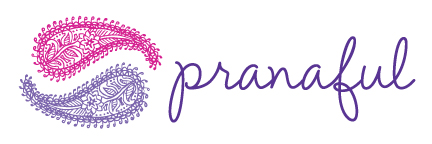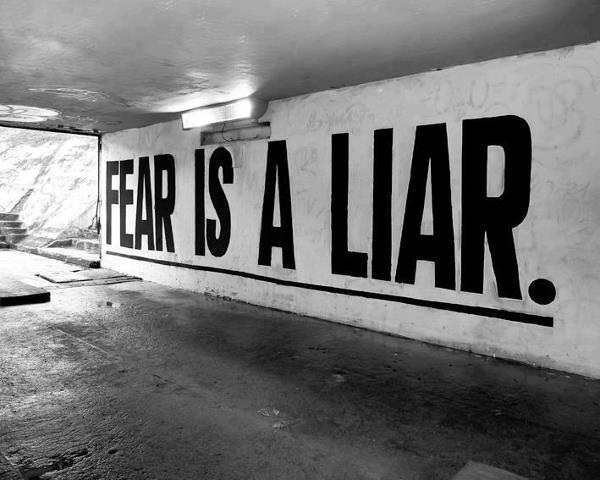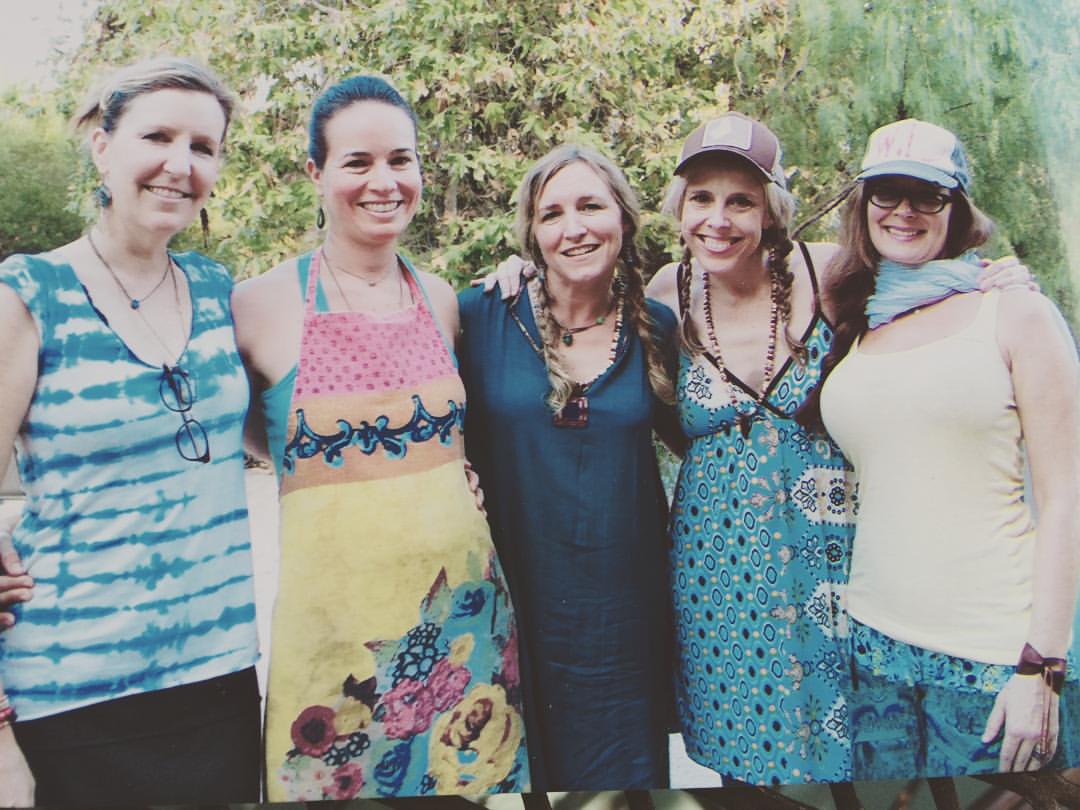Four years ago today, I left the corporate world. For those of you who have known me for a shorter period than that and can’t imagine me rocking a BlackBerry and business suite, it is true – I spent nearly nine years working in consulting, from the time I left college onward. If you’d asked me four years ago where I would be today, I could never have imagined I’d be living the life I am living. Even though I am very much doing all the things I dreamed of doing when I made the big decision to leave, at that time my mind would always default to the worst case scenario. My biggest fears as I prepared to leave were always around finances. In my mind, I was going to blow-through the nice nest egg I had diligently worked to save during my final years of corporate work, and within a few years, would be on my knees, begging my former employer to take me back.
I can remember many mornings both before and shortly after I quit, when I would wake up, paralyzed with fear as this scenario played through my head, over and over again. Laying there, I would spend hours composing my future plea to my former boss. And if it wasn’t that, I was calculating exactly at what point I’d have to drain my 401(k), trying to imagine how many months I could not pay rent before getting evicted, and how awful I would feel if I had to call my father and tell him I was going to move into his spare room.
Thankfully, none of these things have happened. Or anything even remotely close.
Had someone interrupted me and told me the many things I would have accomplished professionally since I made that fateful decision to join the ranks of the self-employed, my little mind would have been blown.
Had I been told that not only would I not blow through my savings account (and various retirement funds), I would actually contribute to them, I would have laughed.
If someone had told me I would be a certified life coach and guiding people to do exactly what I did (i.e., quit the jobs they dislike), I would have asked you how I would have possibly have had the time and/or funds to make that happen.
One of my worst fears when I quit was the notion that my passport might not see action for years. Had you told me then I would have visited over a dozen countries in the time since I quit, I don’t think I could even have held space for such a seemingly luxurious notion.
As you can see by now, I was basically a big ball of fear as October 26, 2011 approached.
And still, I did it. I quit. I had faith that despite the worst-case scenarios spun to me by my lower chakras, thousands of years of accumulated survival instincts in my DNA, and all the really annoying parts of my mind, I could somehow get by.
And I did. One day at a time. And I worked hard, and there were months I dipped into my savings to cover my rent. I won’t tell you it was easy. But it certainly has been rewarding.
One of the greatest things I’ve learned in my journey from corporate girl to living the life I love, is that you have to learn to skillfully co-exist with your fear. I’m all for burning through fears and letting them go, but my experience has been that’s way easier said than done. And the thing about fears is that just when you think you’ve finally released one, it has this really nasty habit of showing up again (usually first thing the next morning, if you’re me).
A powerful tool that really got me through the months leading up to my resignation came out of a conversation with a good friend, who also left a day-job the same year as me. She offered the metaphor that fear is like that annoying relative you don’t really care for but who has a regular habit of coming to visit. You can’t turn your relative away, but you also don’t have to spend of your time with that person. It’s exactly the same with fear – you can’t just eradicate it at will, but you also don’t have to be engulfed by it.
At a recent retreat, there was a little deck of inspirational cards on a shelf in my room. The first night, I drew one that contained this quote by Dorothy Thompson: "Only when we are no longer afraid do we begin to live." From the second I first read it, I found myself passionately disagreeing.
We come alive not when we are free of fear. We are truly alive when we can see the fear, look it directly in the eye, and not be controlled by it. The more we recognize fear and name it, the closer we become to no longer being afraid, to being more fully alive. We can still live fully and richly, even in the shadow of fear. Fear can be a great teacher.
This doesn’t mean we should live paralyzed by our fears. There must be conscious action to accompany them to begin to dissolve them, slowly. For me, my meditation and journaling practices allowed me to see my fears, and to also see the bigger perspective that they were only some of many, many possible outcomes.
The opposite of fearful is not fearless, it is faithful. Had I waited to quit my job until I felt absolutely no fear, I’d still be doing the same thing I did four year ago, and probably would be doing it for the rest of my life. I had to wake up each day to my fear, but to know other paths were available to me. Fear is just one of the many, many options in the choose-your-own-adventure game of life, and just inconveniently tends to be the one our minds default to, thanks to many years of evolution.
One of my favorite fear-alleviating strategies is to name at least three alternative paths to whatever fear I am working with, which just snaps me out of the fear long enough to remember it's not my destiny. Lots of other outcomes are possible, even if they feel out of reach in the moment. Doing this as a written exercise is particularly nice, as you then pull out the list to read when the fear resurfaces (or add to it!)
I’m sharing this story because I know I am always inspired when I hear about people busting through their fears. And because I want to ask you if there’s something you’re not doing because fear has the best of you. I hope you’ll move forward, have faith and wait not another moment to be more fully alive.





